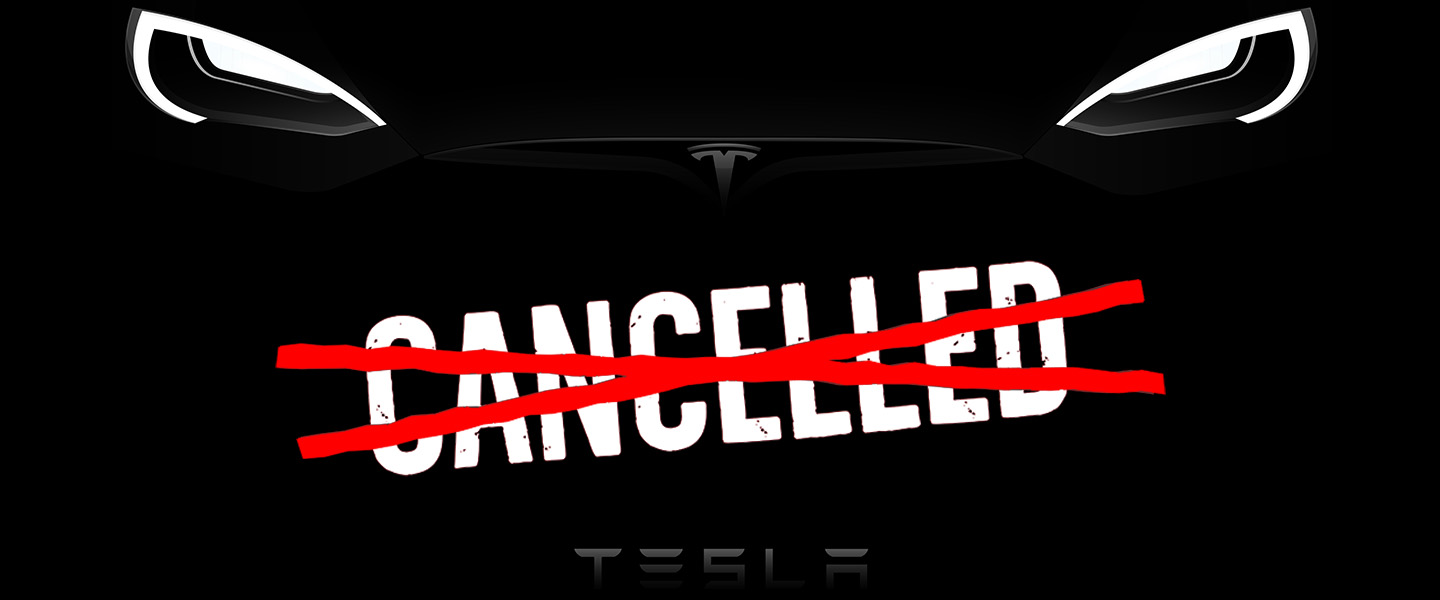
Sustainability is dead – true or false?
Myths abound when it comes to corporate sustainability. Can you tell fact from fiction? Test your knowledge on the common misconceptions here....

by Aharon Cohen-Mohliver Published August 12, 2025 in Brain Circuits • 3 min read
Tesla CEO Elon Musk’s political stances and his online behavior provoked an intense backlash, with long-time customers threatening to boycott the brand. But recent history suggests a more nuanced relationship between controversy, outrage, and long-term firm outcomes. When the dust settles, Tesla might even benefit from the boycott.
In 2012, for example, Chick-fil-A’s CEO publicly opposed same-sex marriage. The backlash was swift, with calls for a boycott across the US – but the outrage also galvanized a countermovement led by former Fox News anchor Mike Huckabee, then Governor of Arkansas. His creation of “Chick-fil-A Appreciation Day” drew massive consumer support, leading to record-breaking sales. Over the next decade, Chick-fil-A rose from 15th to third in US fast-food sales, surpassing Wendy’s, Burger King, and Taco Bell, despite having far fewer locations.
Nike faced a similar storm in 2018 when it made Colin Kaepernick – the NFL quarterback known for taking the knee during the national anthem – the face of its ad campaign. Consumers burned their Nike gear, and the #BoycottNike trended across social media. The day after the ad was released, Nike’s stock dropped nearly 3% – but rebounded quickly, closing the week higher than where it started. By the end of the quarter, sales were up 10% and online engagement had surged by 61%.
Tesla’s case is a new development in the story, with protests coming not from ideological outsiders but from its customer base. This is potentially more damaging. (Anheuser-Busch, for example, lost its position as the best-selling beer in the US after its top brand, Bud Light, collaborated with trans influencer Dylan Mulvaney.)
But here’s the twist: consumer outrage tends to play out over days or weeks, but buying a car is a much slower decision, often taking months or even years. And by the time such purchasing decisions are made, ideological flashpoints will likely have shifted to different issues.
More significantly, when protestors use “radical repertoire” tactics, they may galvanize support from those on the opposite ideological side. In Tesla’s case, the protests may help it penetrate a demographic it has long struggled with when it comes to conservative buyers. Until recently, the brand was an icon of coastal progressives, but amid the backlash, it may now resonate more with audiences who previously disdained it, and the real impact of #TakedownTesla on the firm’s future won’t be known until the dust settles.
If history is any guide, your brand won’t necessarily be damaged in the long term by the controversy itself, but by how protesters respond to it – and whether the people protesting are your stakeholders or their ideological rivals.

Assistant Professor of Strategy and Entrepreneurship at London Business School
Aharon Cohen-Mohliver is Assistant Professor of Strategy and Entrepreneurship at London Business School, where he studies business ethics and corporate social responsibility (CSR). His research helps organizations understand why misconduct emerges, and thus helps them pre-empt behaviors that harm the organization or its broader stakeholder environment. In a related stream, Aharon studies the implications of social polarization for firms wanting to engage in CSR.
His research is published in leading academic journals such as Management Science, Organization Science, and Administrative Science Quarterly. He also serves on the editorial board of the Strategic Management Journal.

6 hours ago • by Julia Binder in Brain Circuits
Myths abound when it comes to corporate sustainability. Can you tell fact from fiction? Test your knowledge on the common misconceptions here....

February 19, 2026 • by Michael D. Watkins in Brain Circuits
As AI reshapes business operations, your leadership development efforts must focus on enabling humans to continue to add distinctive value. Michael D. Watkins explains how to use the 75/25% rule to guide...

February 18, 2026 • by Cindy Wolpert in Brain Circuits
How people engage with you is shaped by your brand. If you are known to be reasonable, pragmatic, and strategic, they will want to work with or for you. But if you...

February 17, 2026 • by Stefan Michel in Brain Circuits
Many of us still equate gaming with dudes playing video games like Grand Theft Auto in a basement. In fact, as Bastian Bergmann told Stefan Michel in a recent I by IMD Book...
Explore first person business intelligence from top minds curated for a global executive audience